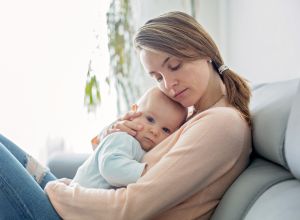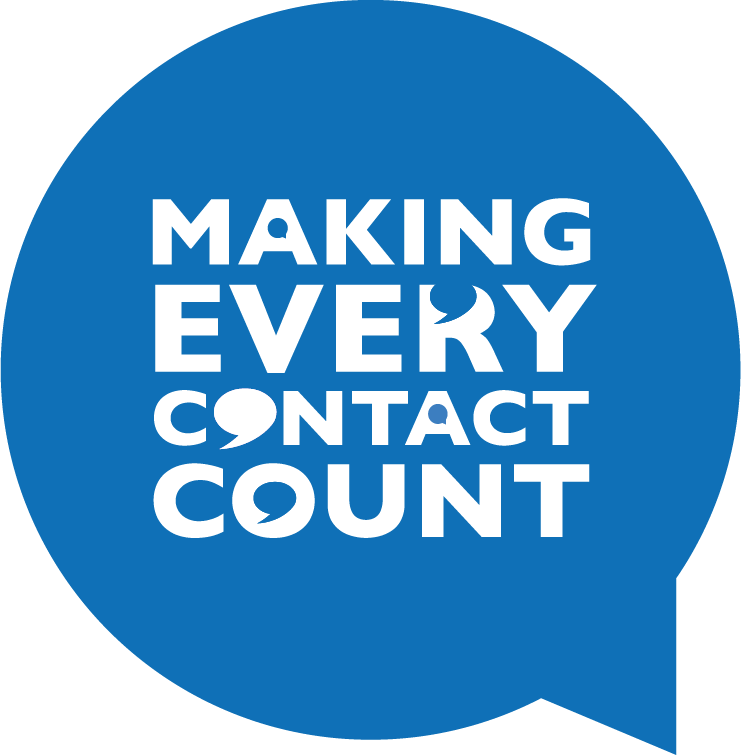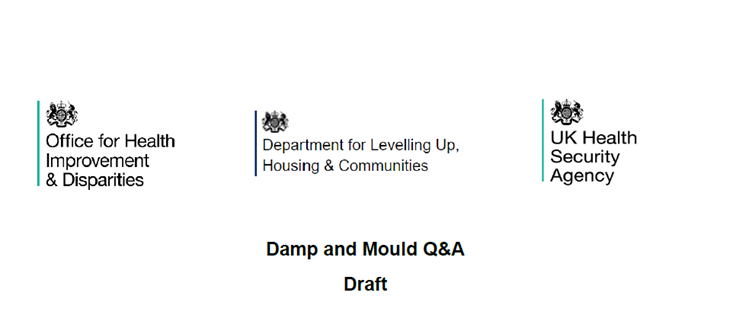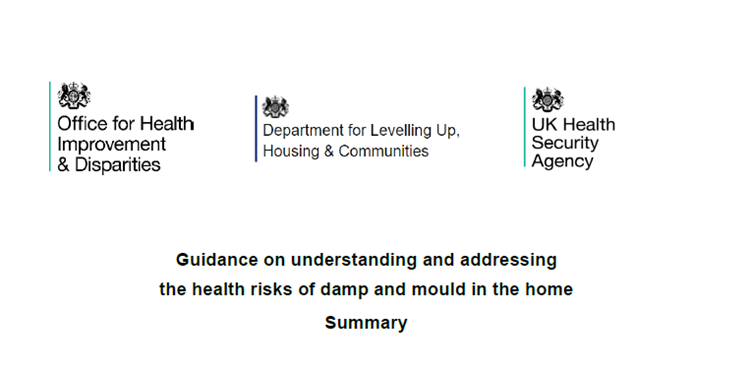Tackling Respiratory Illness in Poverty Together (TRIPT)
About the Child Health and Wellbeing Network ‘call to action’ on fuel poverty and child health inequalities
The North East and North Cumbria Child Health and Wellbeing Network has placed a focus on health inequalities affecting children and young people at the heart of our work programme. The escalation of the cost-of-living crisis motivated the Network to develop a ‘call to action’ in response to the current situation, which is affecting too many vulnerable families in our region.
The Institute of Health Equity (IHE) report ‘Fuel Poverty, Cold Homes and Health Inequalities in the UK’ highlights the critical impact of fuel poverty on children and young people and its lifelong effects, especially on respiratory health. Children living in cold homes are more than twice as likely to suffer from respiratory illness, such as asthma and bronchiolitis, than those in warmer homes. Living in poverty can also affect babies’ growth and development, have devastating effects on young people’s mental health, and adversely impacts children’s education.
We have used this report and its recommendations to direct our call to action – named Tackling Respiratory Illness in Poverty Together (TRIPT).
All cost-of-living advice pages provided by local authorities across the region have been collated on this page, together with additional key resources such as the short educational film for health professionals below (Food Insecurity and Health Outcomes: How to Spot it and How to Help).
Using this easy-to-access link means that clinicians and other staff supporting families living in poverty can signpost to appropriate information and sources of support offered by the local authority wherever they live in the region. This is particularly pertinent for staff treating children with respiratory illness, as a confident intervention to help families access the right support for social needs like housing or benefits can be lifesaving for a poorly child.
Money and mental health question framework: signposting tool
For the use of mental health clinical practitioners and other support workers
All Our Health: Financial wellbeing:
This is a bite-sized session to give health and care professionals an overview of financial wellbeing - including key evidence, data and signposting to trusted resources to help prevent illness, protect health and promote wellbeing.
www.e-lfh.org.uk/programmes/all-our-health/
Connect 5: (contains financial difficulty module)
Workforce training programme that has been created to upskill non-mental health specialists to better understand and feel confident to have everyday conversations about mental health and wellbeing in their everyday encounters
Craig Robson - Regional MECC and Connect 5 at Scale Coordinator
Craig.robson@northumbria-healthcare.nhs.uk
07814 653 408
Money and mental health question framework: signposting tool
For the use of mental health clinical practitioners and other support workers
All Our Health: Financial wellbeing:
This is a bite-sized session to give health and care professionals an overview of financial wellbeing - including key evidence, data and signposting to trusted resources to help prevent illness, protect health and promote wellbeing.
www.e-lfh.org.uk/programmes/all-our-health/
Connect 5: (contains financial difficulty module)
Workforce training programme that has been created to upskill non-mental health specialists to better understand and feel confident to have everyday conversations about mental health and wellbeing in their everyday encounters
Craig Robson - Regional MECC and Connect 5 at Scale Coordinator
Craig.robson@northumbria-healthcare.nhs.uk
07814 653 408




How to use TRIPT Resources
- Bookmark the Support to help you and your family stay warm and well this winter page in your web browser or save to your desktop so that you can easily access it when in consultation with a family who might need support.
- Watch the 20-minute training video above (Food Insecurity and Health Outcomes: How to Spot it and How to Help) to gain a broad understanding of some of the issues being faced by families experiencing poverty, and how to broach the subject sensitively in order to offer support. (Further resources to support the messaging in the film are in development and will be added to this page when available).
- Familiarise yourself with the type of help that is available in these collated resources and access them for the relevant local authority area whenever you are discussing signposting to advice and support with a family receiving your care. Remember this is especially important when a child is presenting with a respiratory illness that may be exacerbated by their living conditions.
- Highlight to the child’s parent/carer the local support that might be available to them for housing, benefits, food, or anything else they may mention being an issue for them. You can always refer them to their local Citizens Advice service for further guidance and to enable them to speak to someone directly.
- Write down any websites, helpline numbers, or useful email addresses that the child’s parent/carer can take away with them to access the advice and support you have discussed with them. Some local authorities have printable information available within their resource section which you can print off for the family to take home.
- If the family is asked to return for a follow-up or review appointment, discuss with them whether they have the financial and practical means to be able to do so, as many non-attendances are due to difficulties such as affordability of transport, or the inability to take time off work. Be flexible with appointment times and enable follow-up in a community setting if possible.
More resources
Updates and information from the CYP Transformation Programme:
- OHID Damp and Mould Guidance
- The Office for Health Improvement and Disparities (OHID), Department for Levelling Up Housing and Communities and UK Health Security Agency have shared their Damp and Mould Guidance: Understanding and addressing the health risks for rented housing providers. The cross sector guidance that health have contributed to has now been published and can be found here - Understanding and addressing the health risks of damp and mould in the home - GOV.UK (www.gov.uk)






